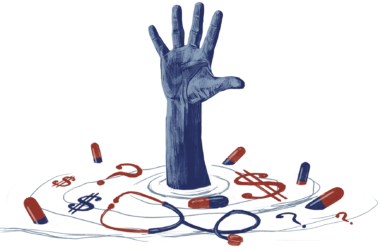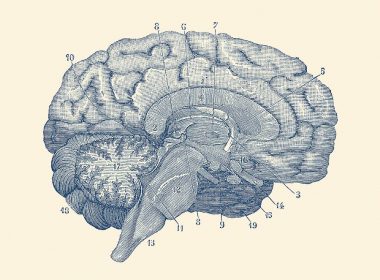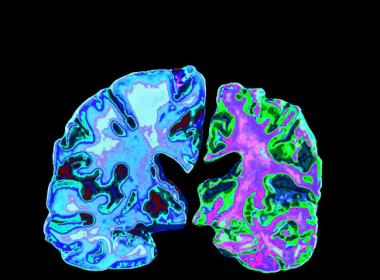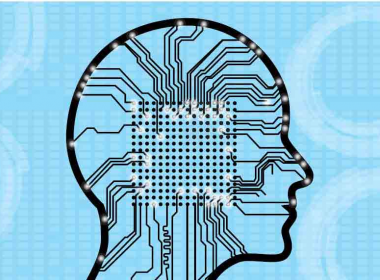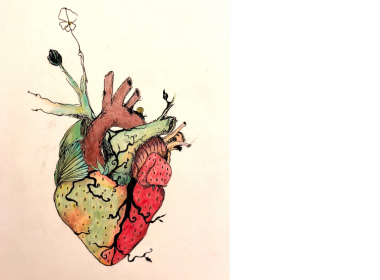In 2012, Karina Gasbarrino‘s grandfather passed away from an ischemic stroke. Since then, Gasbarrino, a graduate of McGill’s PhD program in experimental medicine, has dedicated her career to understanding and developing early stroke prevention methods. In 2019, she succeeded, launching the digital health startup PLAKK, a cutting-edge tool that helps[Read More…]
Tag: Medicine
From bioink to cryogenics: The rapid acceleration of 3D printing technology
A nozzle squeezes out a stream of molten plastic, ceramic, steel or even cells—layers and layers of which stack up, one after the other. Every layer laid down must wait for the last to dry before the next is begun. Patience is a virtue, and these machines are virtuous. 3D[Read More…]
The darker side of pre-med
For many pre-medical students, dreams of practising medicine have been playing through their minds since they were children. It’s the allure of being able to save someone’s life, help a person feel better, or finally provide that answer a patient has been searching for. Of course, some people have other[Read More…]
Picture this: The illustrious world of medical illustration
Before writing was used as a means for communication, ancient civilizations relied on pictorial representations of objects, which included visual representations of medical concepts. Medical illustrations date back to 15,000 BCE, and have continued to evolve over time. Over the course of many millennia, advancements in art and technology have[Read More…]
MUHC to begin trial of ciclesonide for alleviating COVID-19 symptoms
While the race for a COVID-19 vaccine continues, scientists around the world are exploring the possibility of repurposing existing drugs to effectively treat COVID-19 patients. Recently, researchers have seen a number of breakthroughs. One of these successes is dexamethasone, a corticosteroid hormone with anti-inflammatory and immunosuppressive properties. The conclusions of[Read More…]
Department of Family Medicine introduces new Inuit health module
McGill’s Department of Family Medicine is developing a course that aims to help doctors and researchers understand Inuit perspectives on healthcare that they expect to be open for enrollment by the Fall of 2021. Spearheading the development of this new Inuit health module is recently appointed associate professor of Family[Read More…]
Medicinal cannabis: Past, present, and future
With its legalization in 2018, marijuana, or cannabis, has become more widely accessible to adult Canadians for recreational use. Most people are familiar with marijuana’s usual effects, such as feelings of euphoria and relaxation; increased sensitivity to colour, sound, and taste; clouded thinking; and hunger. Beyond recreational use, however, cannabis[Read More…]
A new treatment for Alzheimer’s
Alzheimer’s disease currently affects around 44 million people worldwide. The disease destroys cells in the brain, inducing symptoms such as memory loss, mood swings, poor judgement, and a shortened attention span. The number of Canadians suffering from this debilitating illness is rising, but no cure or treatment currently exists to[Read More…]
Montreal start-up Aifred Health is applying AI to mental healthcare
Mental health treatments for conditions such as depression are currently based on an arduous ‘trial and error’ process. Matching people with the right care is difficult: An individual experiencing depression might consult different specialists who may recommend various different kinds of treatment, none of which could actually work. Aifred Health,[Read More…]
Patching holes in broken hearts
In the complex circulatory system of the human body, no artery is as vital as the aorta. This large vessel takes oxygen-rich blood from the chambers of the heart and delivers it to the brain, muscles, digestive system, and other sites of metabolism in the body. Aortic aneurysms, one of[Read More…]


